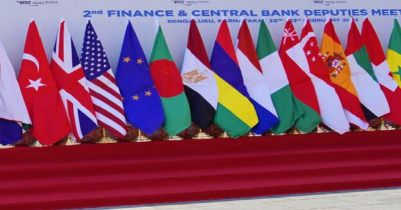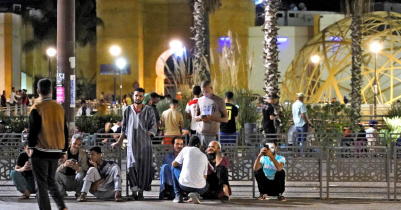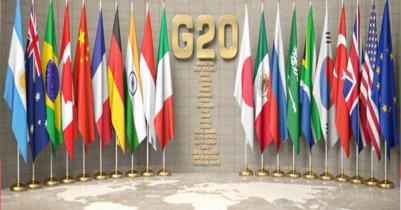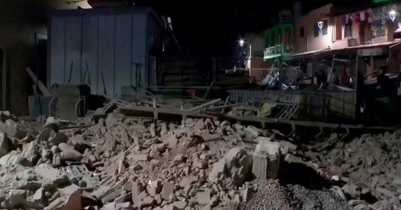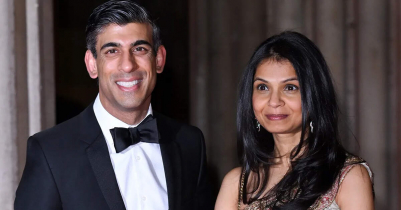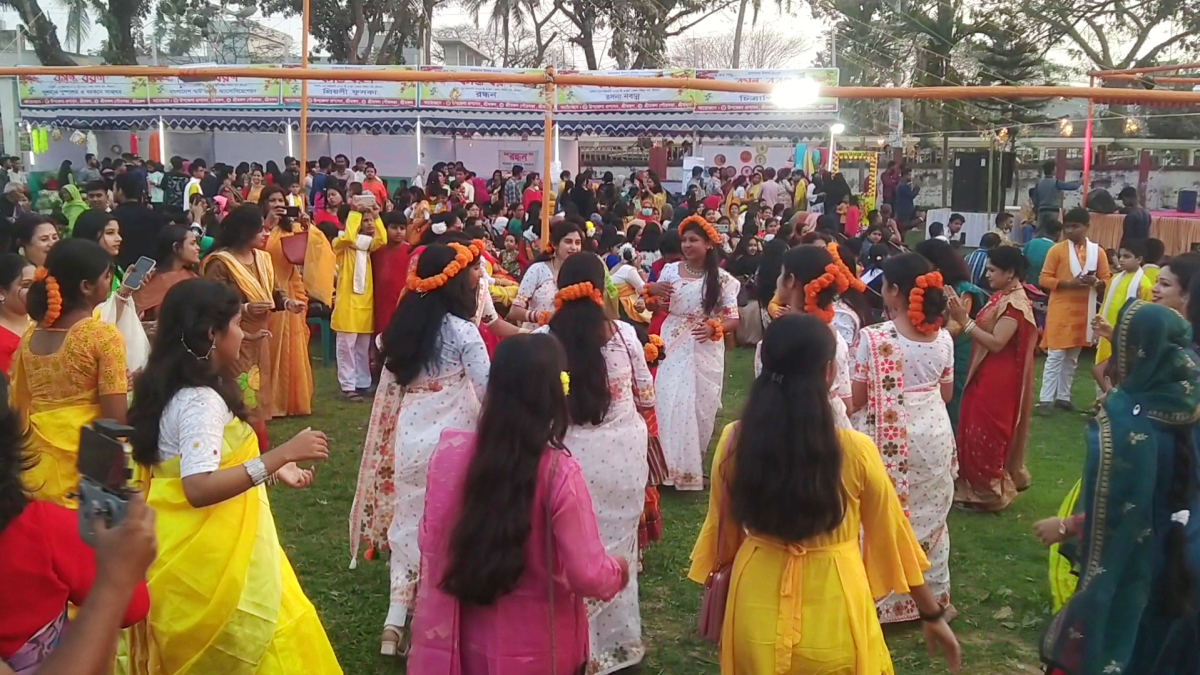Eye News Desk
World`s first 3D-printed mosque to be constructed in Dubai
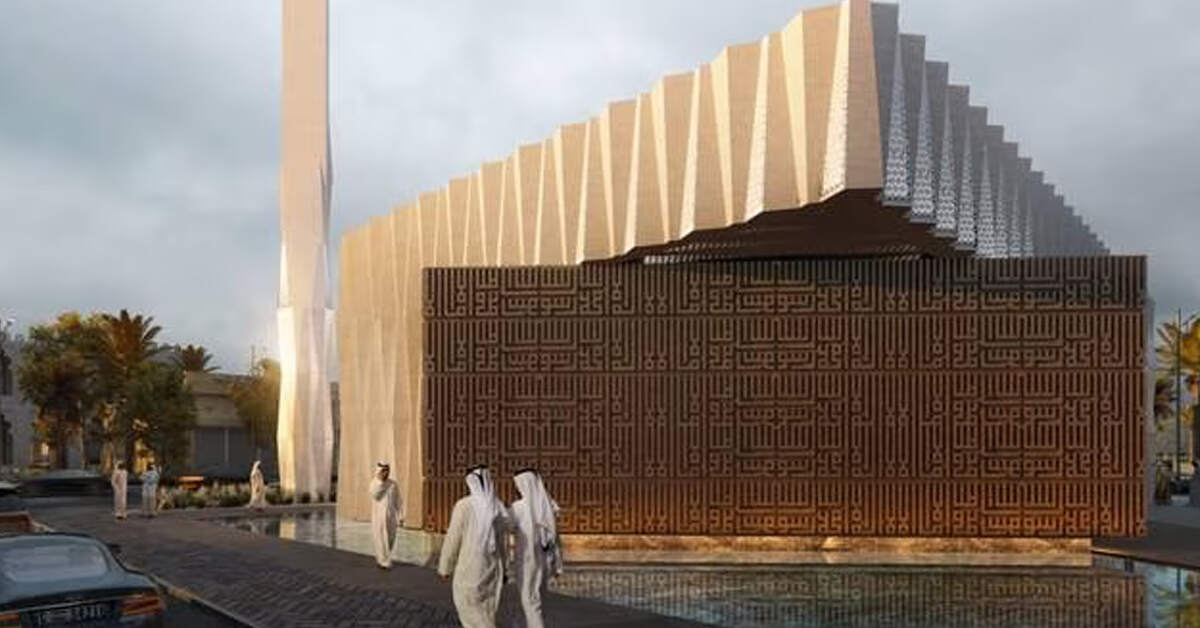
Dubai is known for its innovative architecture and groundbreaking constructions, and now it’s set to add another first to its list: the world’s first 3D-printed mosque. The project will be undertaken by the Islamic Affairs and Charitable Activities Department (IACAD) and is expected to be completed by 2025. The mosque will be located in Bur Dubai, one of the oldest neighborhoods in the emirate and will measure up to 2,000 square metres, accommodating 600 worshippers once completed.
The use of 3D printing technology will revolutionize the way the mosque is built, with the construction process taking a total of two years. According to a report from Trade Arabia, the building’s structure will take about four months to complete using a 3D robotic printer, with another 12 months required to fully fit it out with appropriate facilities. IACAD Director General Dr. Hamad bin Sheikh Ahmed Al Shaibani explained that three workers will be required to operate the printer, which will print two square meters per hour.
One of the major advantages of 3D printing is that it drastically reduces the amount of construction material waste generated during the building process. Additionally, this method is more environmentally friendly than traditional construction methods. “The mosque represents the vision of our wise leadership,” said Al Shaibani, emphasizing the importance of this project for the people of Dubai and the wider Islamic community.
The mosque’s construction will utilize a combination of raw materials and specially prepared concrete. This mixture will help to ensure the mosque’s durability and longevity, with a building guarantee of 30 years. Although the cost of building the mosque will be approximately 30% more than traditional methods due to its groundbreaking nature, the cost will be similar to traditional methods in the future.
This project represents a significant step forward for 3D printing technology and its application in construction. The use of 3 D printing will enable the creation of more complex and intricate designs that would have been difficult to achieve using traditional construction methods. It also enables faster construction times and greater precision, which can help reduce the likelihood of errors during the construction process.
Moreover, the use of 3D printing technology can also help reduce labor costs, as fewer workers are required to operate the printer compared to traditional construction methods. This can help make construction more accessible and affordable, particularly in areas with a shortage of skilled labor.
In addition to its practical benefits, the 3D-printed mosque in Dubai is also significant from a cultural perspective. The mosque is a symbol of the Islamic faith, and its construction using cutting-edge technology highlights the importance of modernizing traditional practices while preserving cultural heritage. The project is also a testament to Dubai’s commitment to innovation and progress, as it continues to push the boundaries of what is possible in construction and architecture.
The mosque’s location in Bur Dubai is also significant, as it is one of the oldest neighborhoods in the emirate, with a rich cultural heritage. The mosque’s construction is a testament to the importance of preserving this heritage while embracing modern technology and methods.
The project has already generated significant interest from around the world, with many experts hailing it as a groundbreaking achievement. It is expected that the mosque will become a popular destination for tourists and visitors, further showcasing Dubai’s commitment to innovation and progress.
In conclusion, the world’s first 3D-printed mosque in Dubai is an exciting development that showcases the potential of 3D printing technology in construction. The mosque’s construction using this cutting-edge method highlights the importance of modernizing traditional practices while preserving cultural heritage. It also demonstrates Dubai’s commitment to innovation and progress, as it continues to push the boundaries of what is possible in construction and architecture. With its expected completion by 2025, the mosque is sure to become a major landmark.
Read More
- Dubai-bound flight catches fire after taking off from Nepal
- Turkey`s homegrown 5th-generation fighter jet named KAAN
- Shihab Chottur reaches Makkah from India in 12 months
- Eid Ul Adha 2023 in Saudi Arabia!
- Italy will take 82 thousand workers, the is in March
- World`s first 3D-printed mosque to be constructed in Dubai
- India gets new parliament building
- Karnataka: Modi invokes `The Kerala Story` to target Congress
- Imran Khan likely to be in custody for ‘4 to 5 days’
- Two Sylheti killed in Portugal






